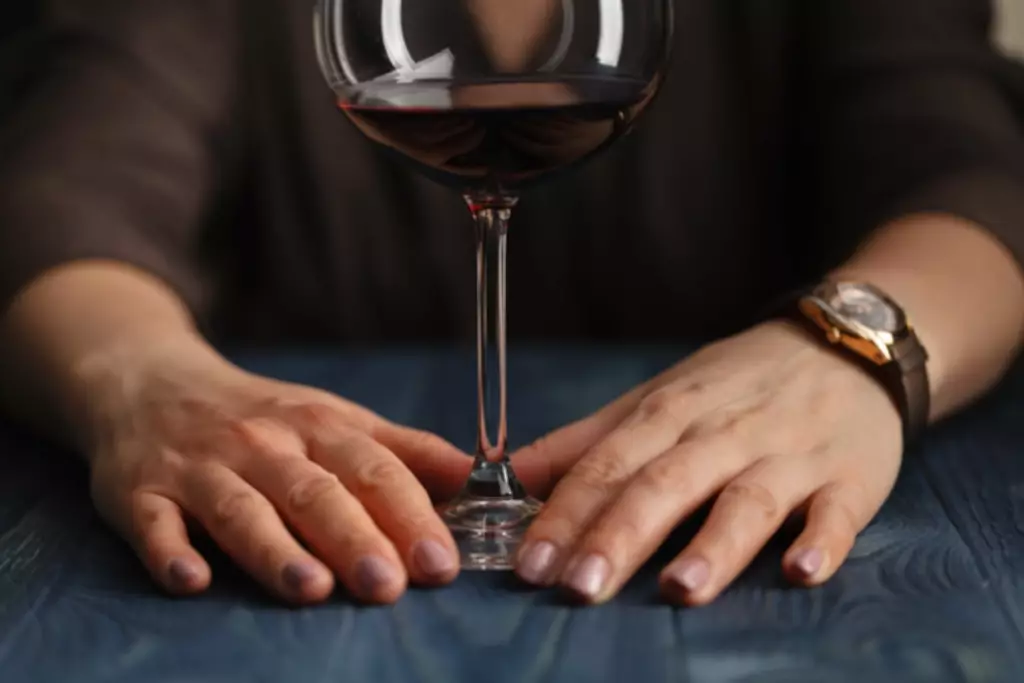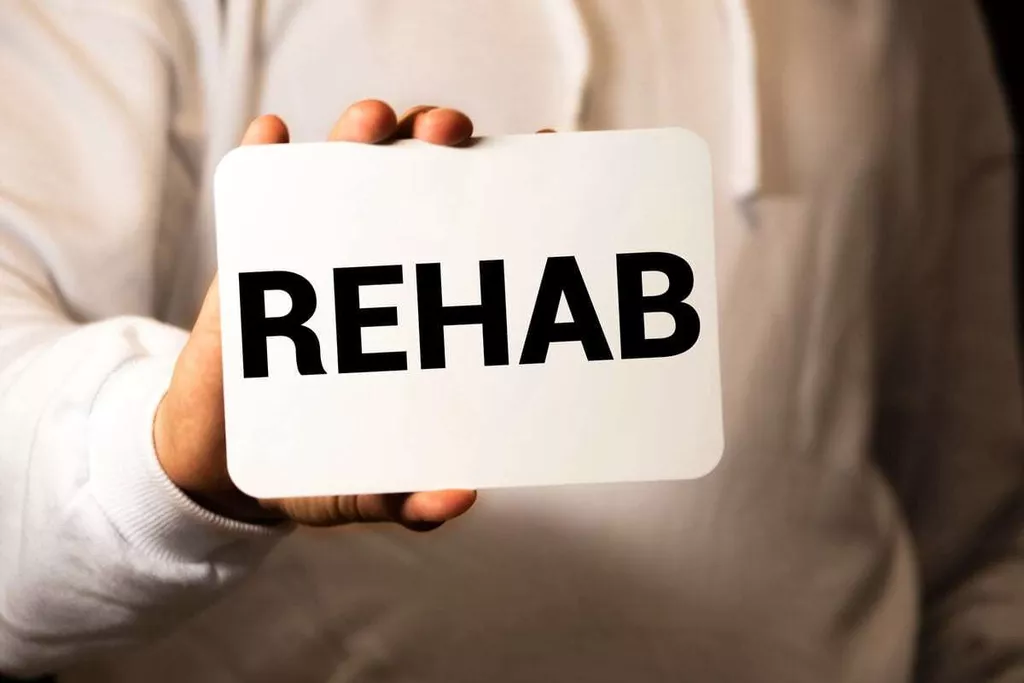Well, to answer that, let’s dive into the science behind it. While some people might get giddy or relaxed after a few drinks, others may find their anger thresholds significantly lowered. In the study, there were 34 randomly determined trials, and the researchers made sure that the participant won half of them.
Alcohol and Anger: What’s the Connection?
- The goal of outpatient treatment is to provide therapy, education, and support in a flexible environment.
- Here are a few effects of aggressive behavior related to drinking.
- Crowded, noisy bars or parties can increase stress and frustration levels, potentially leading to aggressive outbursts.
- Learning more about the different types of alcohol withdrawal can help illuminate why these symptoms are occurring and how to manage them.
Even though they speak about anger management in most Alcoholics Anonymous 12-step programs and in rehab, experiencing these emotions is different once you’re sober. Sometimes, little things like being unable to deal with or express a specific feeling can lead to an angry outburst. As a result, there’s a lot of trial and error throughout your recovery, including finding the best anger-management techniques for you.
Treatment and Prevention of Mean Drunk Behavior
This complex interplay underscores the need for a holistic approach to addressing alcohol-induced aggression. Cognitive distortions play a significant role in alcohol-induced aggression as well. Alcohol impairs our ability to process information accurately, leading to misinterpretations of social cues and situations. A friendly pat on the back might be perceived as a threat, or a harmless joke could be taken as a personal insult. These misinterpretations can quickly escalate into confrontations, especially when combined with alcohol’s effects on impulse control.
- Alcohol can make some people more emotional than usual, causing them to cry more easily.
- Once you’re able to recognize and accept where your anger is coming from, you can begin to process it in healthy ways.
- In fact, from what we know regarding the causes of dry drunk syndrome, you most likely dealt with mental illness before your addiction.
- As with most problems, the solution is as difficult or as simple as we make it.
Start Your Recovery with Granite
I’ve spent time researching and observing, trying to understand why some people turn into angry drunks while others become happy ones. It’s not always easy to tell the difference at first glance, but there are clear signs you can look for. Researchers from the University of New South Wales in Australia studied 50 healthy men (18-30 years old) and had them play an anger-inducing game while in an MRI scanner. Historically, alcohol has been known to disrupt alcoholism treatment the normal functioning of various brain regions, particularly the parts responsible for working memory, hand-eye coordination, and sleep quality.
Alcohol and the Brain
These emotions can lead to erratic behavior, including aggression and hostility, particularly towards loved ones. Does a support group seem like it might be out of your comfort zone? Attending one-on-one therapy with a licensed therapist can help you work through anger issues in a more private setting. Scheduling an appointment with a professional who specializes in anger management may be more beneficial than participating in group therapy if you have social anxiety.
- Alcoholism, also known as alcohol use disorder (AUD), is a chronic disease characterized by the compulsive misuse of alcohol despite its negative consequences.
- He has been faithful with follow-up meetings and other support.
- The actual answer to the question of which comes first, unfortunately, isn’t known for sure.
- The stress-reducing effects of alcohol often make people believe there are no real consequences for their actions, which leads to confrontations, fights, or displays of aggression.
- I was pissed at myself for how much money I spent the night before.
- It’s not that alcohol has transformed Bob into some Jekyll-and-Hyde character; it’s more likely unearthed frustrations simmering beneath the surface.
Disorders
They may have less tolerance and patience for others, which can lead to angry outbursts. Here, we explore why some people get angry when they’re intoxicated and provide tips why are alcoholics so angry on how to stop being aggressive when you’ve had a drink. We’ll also look at the best ways to deal with a drunk person if you’re ever on the receiving end of an alcohol-fuelled outburst.
These emotions can become heightened in potentially extreme ways. For example, if you start drinking when you’re lonely and sad, you may find the alcohol makes you feel even more desolate and distressed than you did when you were sober. Oftentimes, anger is rooted in attempts to control our circumstances and other people. When a situation doesn’t match up with our preconceived expectations, we can get easily frustrated. Becoming angry can feel like a way to regain control, because it’s an emotion in our power. To avoid reacting with anger, it’s important to identify what is and isn’t in our control, and manage our expectations accordingly.
Domestic Violence
If an angry alcoholic has abused a loved one, they should not have access to the family. They would need to complete rehab and therapy, even amend legal problems, before being allowed to see them again. As strange as it seems, not all alcoholics are prone to this anger.
Why are alcoholics so angry??
First, certain neurotransmitter receptors can make people feel more relaxed or sedated, which signals the release of increased levels of the chemical dopamine. With an influx of dopamine, the brain’s reward center becomes activated, making people more open to doing things that they might not do when sober. While not all individuals acting up at a bar have that particular gene mutation, this biological response could explain their impulsive behavior as well. Some people get playfully rowdy while others get cruelly aggressive.






